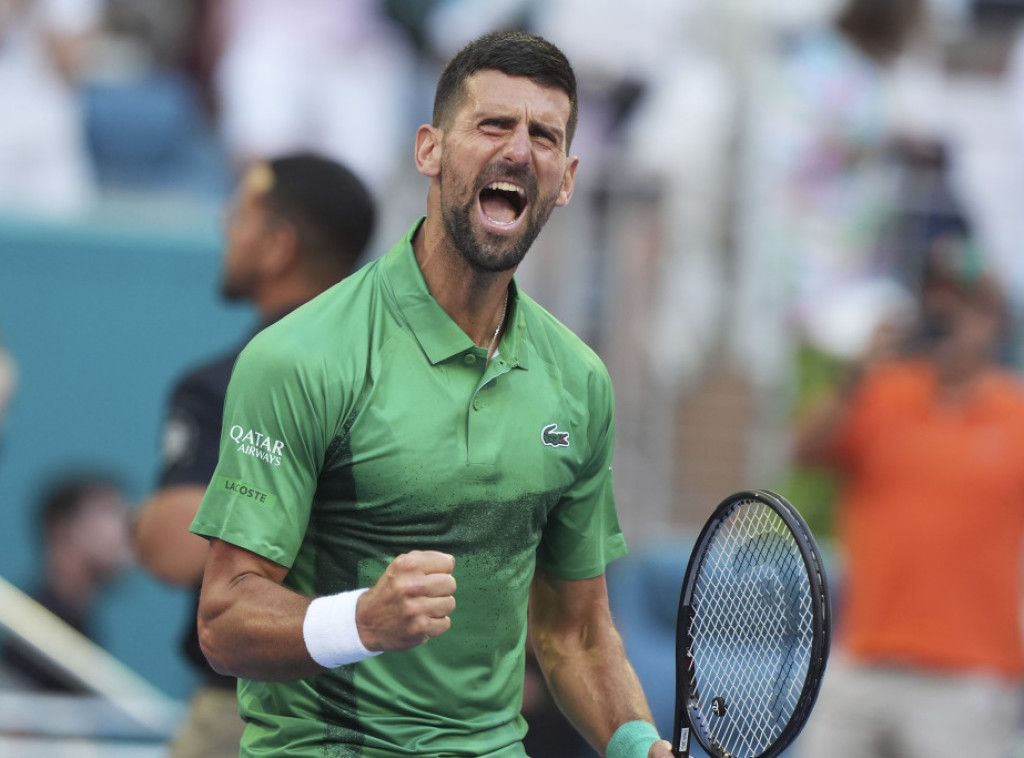What will Europe’s biggest emitter do next? Politicians, energy experts and campaigners share their hopes and fears.
Germany’s federal election results have left the country’s climate action in uncertain territory.
Friedrich Merz's conservative Christian Democratic Union (CDU)/Christian Social Union (CSU) party secured 28.6 per cent of the vote on Sunday, and are set to join with the centre-left Social Democrats to form a new coalition. Alternative for Germany (AfD), gained the second-highest share of votes, but a “firewall” against far-right parties since the Second World War means they won’t be invited into government.
Meanwhile the Greens, part of the former coalition which collapsed in November, saw their share sink to 11.6 per cent. A “respectable result”, or a “crushing defeat” depending on who you ask.
It’s a further sign of how much the “green wave” - cresting in the previous 2021 election - has receded around Europe. Greens have been thrust out of government in Austria, Belgium and Ireland, and lost out in the EU Parliamentary elections last summer.
As Europe’s largest economy, its highest emitter, and greatest renewable power, Germany has a supersized influence on our climate. Whatever climate leadership it demonstrates next could be highly significant for the bloc and the rest of the world.
What does the election say about Germany’s climate priorities?
In contrast to 2021, when all parties except AfD loudly committed to reaching net zero emissions by mid-century, climate pledges were conspicuously absent from this election campaign.
Where climate was mentioned by candidates, it was generally in a negative or lukewarm way.
“Climate protection needs a strong economy,” was the Christian Democratic Union (CDU)’s top line on the issue. CDU leader and incoming Chancellor Merz made clear that the economy comes first, stating in a pre-election-day speech that he would do politics “for the majority who can think straight… and not for any green and leftwing nutcases”.
The conservative bloc’s manifesto promised to reverse a number of green policies that had proved divisive for the previous government, such as scaling up electric vehicles and heat pump sales.
"The CDU/CSU's election campaign was not only ignorant - instead of presenting solutions to the real challenge of the climate crisis, it agitated against key climate policy achievements of recent years,” says Carla Reemtsma, a spokesperson for youth climate strike group Fridays for Future (FFF).
"The climate crisis is and remains the most urgent crisis of our time. The fact that she was ousted and belittled in this election campaign for tactical reasons was wrong and irresponsible,” adds fellow FFF Germany campaigner Pauline Brünger.
Security and the economy topped the list of public concerns, followed by social justice and migration issues, according to polling from election analysts Forschungsgruppe Wahlen.
But it would be wrong to conclude that Germans have stopped caring about the climate crisis.
Ciarán Cuffe, co-chair of the European Green Party, points to research on election day which “showed that climate, environment and energy remain in the top three concerns of German voters.”
In 2023, Eurobarometer polling showed that 77 per cent of Germans consider climate change a “very serious problem.”
Why climate action is still in Germany’s best interests
Germany aims to cut emissions from burning coal, oil and gas by 65 per cent by 2030 and reach climate neutrality by 2045 - a relatively ambitious goal enshrined in its Climate Protection Act.
"We expect Germany to stay the course,” Linda Kalcher of Berlin-based think tank Strategic Perspectives tells AP. But, she says, expect a “change of tone.”
“A lot of the policies the new government will put forward might not come in the name of climate, but it will be for prosperity, innovation and competitiveness,” even if the end goal is the same, she says.
The conservatives’ climate stance appears ambivalent. Despite “firmly backing” the net zero by 2045 target, they are rolling back policies to get there. But fortunately, Germany’s clean energy progress makes economic and security sense and so is likely to continue apace.
With Trump now dismantling climate action in the United States, “there is a necessity and an opportunity” for Germany to continue its role as a climate leader, says Marc Weissgerber of climate think tank E3G.
“It is crucial to keep up the pace, not only for emissions reduction, but also because this would eventually lead to lowering power prices in the midterm, and also to reduce dependencies in imports of fossil fuels,” Julia Metz, a German climate policy expert and director of the think tank Agora Industry, tells AP.
The EU needs Germany to “resurface as an engine for a bold and assertive Europe,” adds E3G Brussels’ executive director Manon Dufour. “Climate action will be a core pillar of any credible security and resilience for strategy for both Germany and Europe."
What climate policies will the new German government introduce?
Green industrial policy has become the key way in which climate change is discussed in the EU. E3G, for example, is urging the German government to actively support the bloc’s new Clean Industrial Deal.
But climate action of course takes many other forms. “The concepts for social climate protection have all been in place for a long time,” argues Reemtsma.
She lists “public transport expansion, subsidies for heat pumps, expansion of renewables and district heating, training programmes in future industries, direct disaster aid – all financed by levies from the super-rich and investments, instead of at the expense of schools, railways and social benefits.”
CDU/CSU’s manifesto is a mixed bag on these issues. The party has pledged to abolish the home heating law which stipulates that all newly installed heating systems have to be powered by at least 65 per cent renewable energy.
It will also push to reverse an EU-wide ban on the sale of new petrol and diesel cars, due to come into force in 2035. The SDP, which declared the future of automobiles lies in electromobility, could temper this position.
It remains to be seen how this likely new coalition will plot a route to climate neutrality. Where tougher policies to decarbonise heating and transport are favoured by the SDP, CDU instead prioritises carbon pricing.
The CDU/CSU group has also pledged to “create the necessary framework” for carbon capture and storage (CCS), a controversial technology which campaigners will be watching closely.
“Friedrich Merz has to decide,” adds Reemtsma, from Fridays for Future. “Will he remain one of the men who burn the world, or will he finally acknowledge what ecological reality and the majority of people have long demanded?"

 1 month ago
20
1 month ago
20






 We deliver critical software at unparalleled value and speed to help your business thrive
We deliver critical software at unparalleled value and speed to help your business thrive






 English (US) ·
English (US) ·